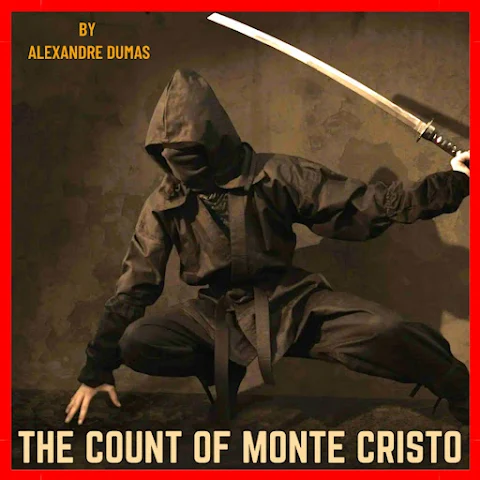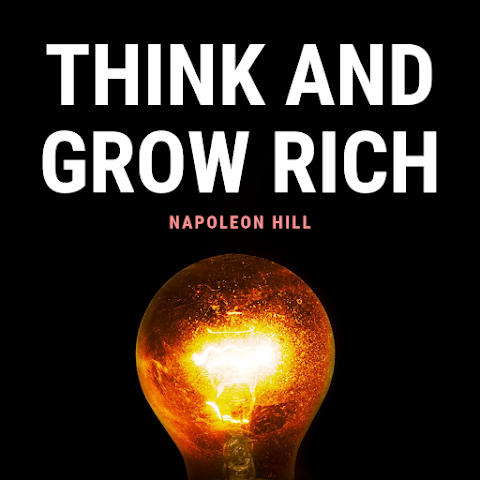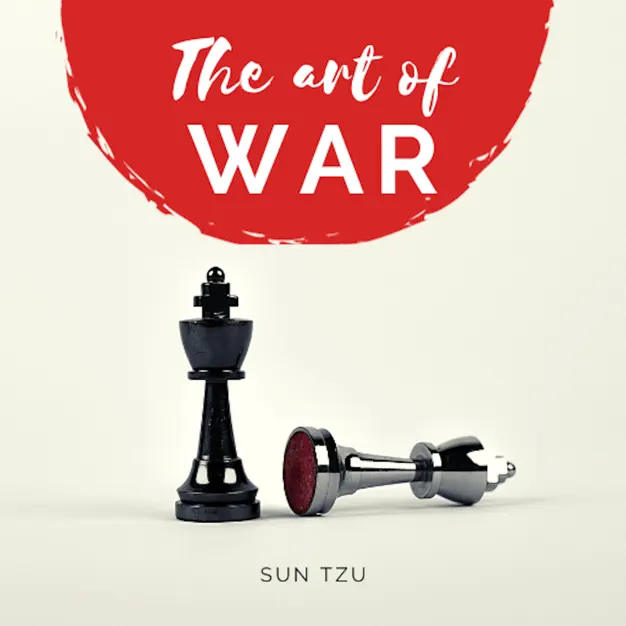Introduction
Political intrigue and conspiracy lie at the heart of The Count of Monte Cristo, driving both the initial injustice against Edmond Dantès and his subsequent revenge. The novel masterfully weaves together personal vendettas with larger political machinations, creating a complex tapestry of power, ambition, and betrayal that reflects both the volatile political climate of post-Napoleonic France and timeless truths about human nature and political corruption.
Listen to the Political Intrigue:
Listen on SpotifyHistorical Political Context
The Napoleonic Era and Its Aftermath
The novel is set against the backdrop of major political upheavals in France, a time when loyalties were constantly tested and political affiliations could mean the difference between life and death:
- Napoleon's Hundred Days
- Impact on French society and politics
- Division between Bonapartists and Royalists
- Climate of suspicion and betrayal
- Political persecution and revenge
- Bourbon Restoration Period
- Return of monarchical power
- Political purges and realignments
- Social restructuring
- Class tensions and conflicts
- July Monarchy Tensions
- Rise of bourgeois power
- Political reforms and resistance
- Social mobility and corruption
- Economic transformations
The Initial Conspiracy
Political Motivations and Personal Ambitions
The conspiracy against Dantès represents the intersection of personal jealousy and political opportunism:
- Villefort's Political Calculations
- Family connections and reputation
- Career advancement opportunities
- Political survival strategies
- Moral compromises for power
- Fernand's Military Aspirations
- Rise through political chaos
- Exploitation of war opportunities
- Social advancement through service
- Personal gain from political shifts
- Danglars' Financial Schemes
- Economic manipulation
- Political connections for profit
- Banking and power dynamics
- Corruption in finance
"In politics, my dear fellow, you know, there are no men, but ideas – no feelings, but interests; no friends, but accomplices."
Power Dynamics and Social Hierarchy
Political and Social Structures
The novel explores various levels of power and influence:
- Aristocratic Influence
- Traditional power structures
- Noble privileges and responsibilities
- Adaptation to political changes
- Social networks and alliances
- Judicial System
- Political interference in justice
- Corruption in legal processes
- Power abuse in prosecution
- Selective enforcement of laws
- Financial Power
- Role of wealth in politics
- Banking and political influence
- Economic manipulation
- Class mobility through wealth
The Count's Political Strategy
Manipulation and Intelligence
Monte Cristo's revenge plan demonstrates sophisticated political maneuvering:
- Information Network
- Intelligence gathering methods
- Use of social connections
- Manipulation of media
- Strategic information release
- Social Engineering
- Identity manipulation
- Strategic relationships
- Reputation management
- Social influence tactics
- Political Leverage
- Exploitation of rivalries
- Use of scandals
- Timing of revelations
- Power balance manipulation
International Political Dimensions
Cross-Border Influences
The novel explores international political dynamics:
- Mediterranean Politics
- Naval power and trade
- Regional conflicts
- Cultural interactions
- Colonial influences
- European Power Relations
- Diplomatic intrigues
- International alliances
- Political exile dynamics
- Cross-border conspiracies
Modern Political Parallels
Contemporary Relevance
The political themes in the novel remain surprisingly relevant:
- Institutional Corruption
- Systemic abuse of power
- Political influence in justice
- Corporate political power
- Media manipulation
- Political Accountability
- Transparency issues
- Power concentration
- Democratic challenges
- Reform movements
- Social Justice
- Class inequality
- Political representation
- Economic justice
- System reform
Psychological Dimensions of Political Power
Individual and Collective Psychology
The novel explores the psychological aspects of political power:
- Personal Ambition
- Motivation for power
- Corruption of ideals
- Moral compromises
- Psychology of betrayal
- Group Dynamics
- Political allegiances
- Social pressure
- Collective responsibility
- Mob psychology
Legacy and Impact
Literary and Political Influence
The novel's political themes have influenced:
- Literary Tradition
- Political thriller genre
- Conspiracy narratives
- Character development
- Social criticism
- Political Understanding
- Power dynamics analysis
- Corruption studies
- Justice system critique
- Social reform discussions
Conclusion
The political and conspiratorial elements in The Count of Monte Cristo serve not only as plot devices but as profound commentary on the nature of power, justice, and human ambition. Through these themes, Dumas creates a timeless critique of political corruption and the consequences of unchecked authority. The novel's sophisticated treatment of political intrigue continues to resonate with modern readers, offering insights into both historical and contemporary political dynamics.
The intricate web of political conspiracies and power struggles depicted in the novel reveals universal truths about human nature, ambition, and the corrupting influence of power. As we continue to grapple with similar issues in our own time, the political lessons of The Count of Monte Cristo remain remarkably relevant and instructive.



